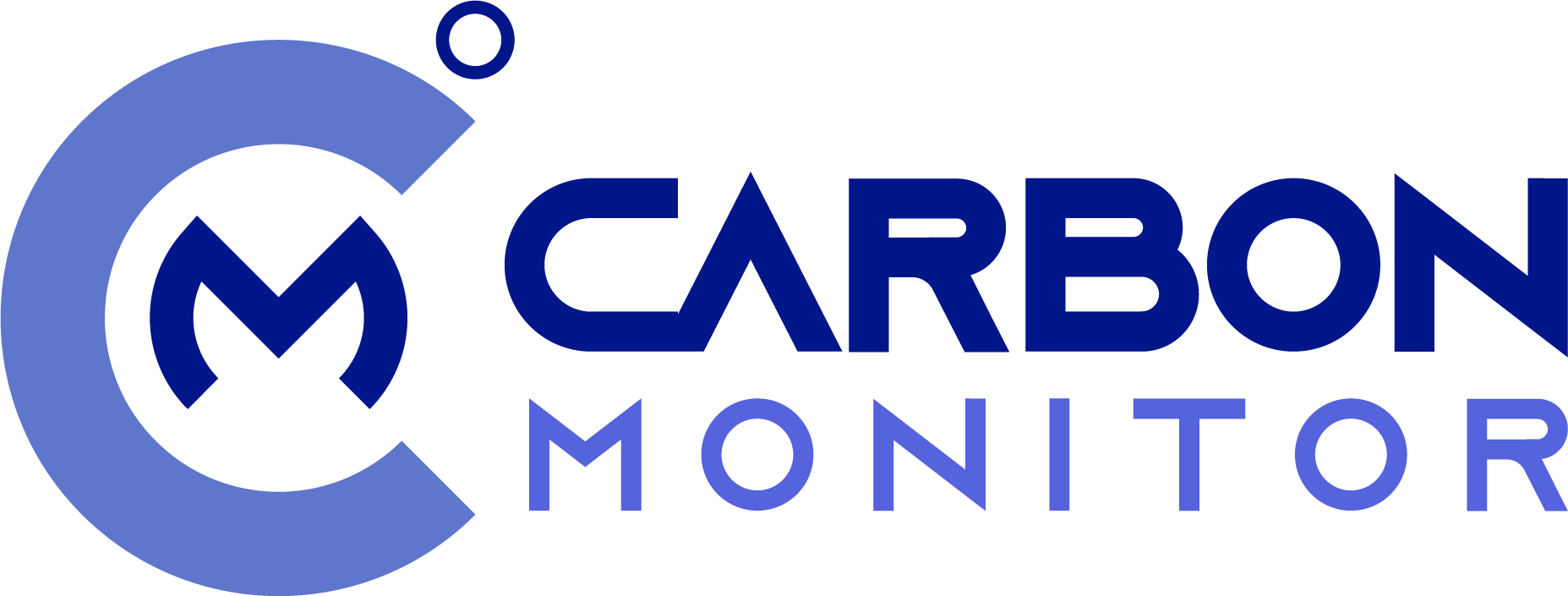
The Climate Action 100+ group of investors has today published its latest progress report, detailing how carbon intensive companies are performing against its recently updated Net Zero Company Benchmark.
The group co-ordinates up of 700 global investors who are collectively responsible for more than $68tr assets under management and have committed to engaging with the world’s most carbon intensive listed firms to encourage them to develop effective net zero strategies.
Today’s report marks the fourth assessment of how companies are performing against the group’s Net Zero Company Benchmark, which sets out the expectations investors have of the companies they hold stakes in.
It confirms that while the corporates it engages with have made “incremental progress” in terms of adopting net zero targets, “most focus companies are not moving fast enough to align with the goals of the Paris Agreement and reduce investors’ risk”.
The update shows that companies have continued to perform well with respect to long-term greenhouse gas (GHG) reduction targets, medium-term emissions targets, and reporting on climate-related risks in line with the guidelines from the Taskforce on Climate-related Financial Disclosures (TCFD).
Nearly 60 per cent of the focus companies that Climate Action 100+ engages with now identify actions needed to meet their emissions targets, compared to 52 per cent in October 2022. Meanwhile, 82 per cent of focus companies have set long-term greenhouse gas emission reduction targets and 87 per cent have now set medium-term targets.
But the report also warns that significant progress is still needed on short-term emissions targets, capital expenditure allocation, and climate policy engagement. It adds that many carbon intensive companies are failing to deliver emissions reductions and that “the necessary details to demonstrate that companies have credible transition plans to meet their long-term targets and align with the goals of the Paris Agreement are often missing”.
For example, only around a third of focus companies have long- and medium-term emissions targets that cover Scope 3 value chain emissions. Similarly, only 29 per cent of focus companies disclose how much they invested in climate solutions in the past year and just 32 per cent specify the value of CapEx they plan to allocate to climate solutions in the future.
“Urgent action is needed to shift the weight of focus from mere commitments to implementation,” said François Humbert, lead engagement manager at Generali Insurance Asset Management (Generali Group) and current chair of the Climate Action 100+ Steering Committee. “Although it’s encouraging to see more companies disclose their net zero transition plans, there’s a missing link between how these can meet the Paris agreement goals.”
His comments were echoed by Stephanie Pfeifer, CEO at the Institutional Investors Group on Climate Change and a member of the Global Steering Committee, said: “While there are clear signs of progress, particularly from a European perspective, it’s equally clear that companies need to move further and faster to fully play their part in the transition of the global economy.”
Mindy Lubber, President and CEO at investor group Ceres and a Global Steering Committee member, argued that listed firms in carbon intensive sectors could expect to face more pressure from investors to develop credible net zero strategies.
“The Climate Action 100+ Net Zero Company Benchmark has been enhanced to offer investors deeper insights into how companies are addressing climate risk,” she said. “We have called on companies to put in place climate transition plans that deliver on their own goals to reduce greenhouse gas emissions and keep us within the 1.5-degree Celsius threshold and maximize long-term value for their shareholders. As the findings show, we are already seeing increased corporate commitment and capital spending among the world’s major emitters towards climate solutions. The strengthening of the Benchmark, along with the enhanced engagement strategy for the second phase of the initiative, will allow for greater investment opportunities in the clean energy transition.”
Keep up to date with all the latest green business news by signing up to the free Daily and Weekly BusinessGreen Newsletters.









